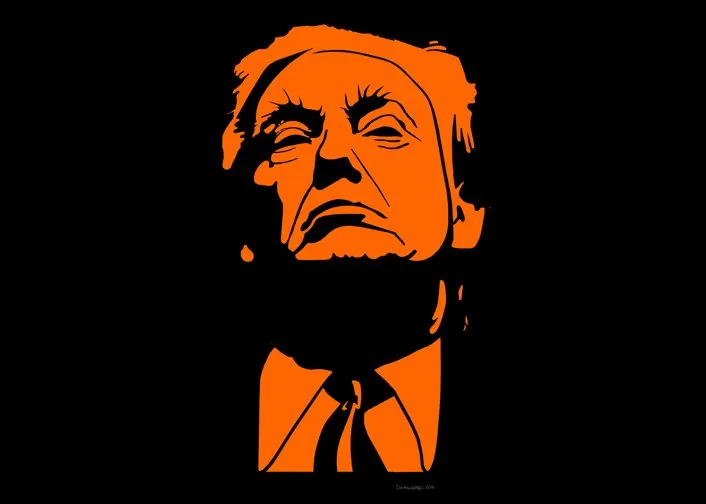Unless you are either a serious politics junkie like myself, OR a serious court-watcher, you probably weren’t aware of the dangerous challenge to our democracy that was before the Supreme Court of the United States (SCOTUS).
In Moore v Harper, the court was asked to decide a major constitutional question: Did the clause in the U.S. Constitution that says “The Times, Places and Manner of holding Elections for Senators and Representatives, shall be prescribed in each State by the Legislature thereof” mean that the state legislature could set up their own rules for elections without any constraints, including the courts? In other words, if the state legislature decided to gerrymander the maps so the majority party would always stay in power, or to outlaw voting by certain groups, or to put poll taxes back in place, those actions could not be challenged in any way?
This theory, that state legislatures are the ultimate decider on election law in the state and cannot be challenged, is called the “independent state legislature” theory (ISL). It was first used by the Republicans in the Bush v Gore case, saying that the Florida legislature could do what they wanted in that election. It was rejected then by SCOTUS, and has been rejected in every court decision since.
Nevertheless, as a result of the courts throwing out the Republican gerrymandered map in North Carolina, the question had once again made it up to the highest court in the land. And ever since the earlier ruling by SCOTUS that it did not have the authority to overturn gerrymandered maps, but that such actions had to be done at the state level, many people had worried that this right-leaning court would rule in favor of ISL – thus causing chaos in our elections, and giving majority parties in every state the power to ensure they would stay in the majority forever.
Instead, in a 6-3 ruling on Tuesday, the court rejected the ISL theory once again, saying that “The Elections Clause does not insulate state legislatures from the ordinary exercise of state judicial review.” The majority judges were careful to state that just as the legislatures did not have unlimited power, neither did the courts: “We hold only that state courts may not transgress the ordinary bounds of judicial review such that they arrogate to themselves the power vested in state legislatures to regulate federal elections.”
Considering the recent history of this court, the margin of 6-3 was a little surprising. The six justices voting to reject ISL were Chief Justice John Roberts, Elena Kagan, Sonia Sotomayor, Brett Kavanaugh, Amy Coney Barrett, and Ketanji Brown Jackson. And even the three dissenting justices did not address ISL directly in their dissent; basically, they thought the court shouldn’t have heard the case at all.
This decision is one of the most significant in the history of SCOTUS. Not because the legal question was complicated: it was not. The reason this is so important is the moment we live in. If the decision had gone the other way, we would have seen many states, especially red ones, completely upend our elections, and with them our democracy. As long as elections are free and fair, we have a chance and a right to uphold our democracy. If we ever lose that right completely, the Grand Experiment will have come to an end.
Yesterday was a victory for democracy and the rule of law. In the midst of everything else that is going on, let us take a moment to breathe a sigh of relief, and to celebrate.
--30--
Comments








